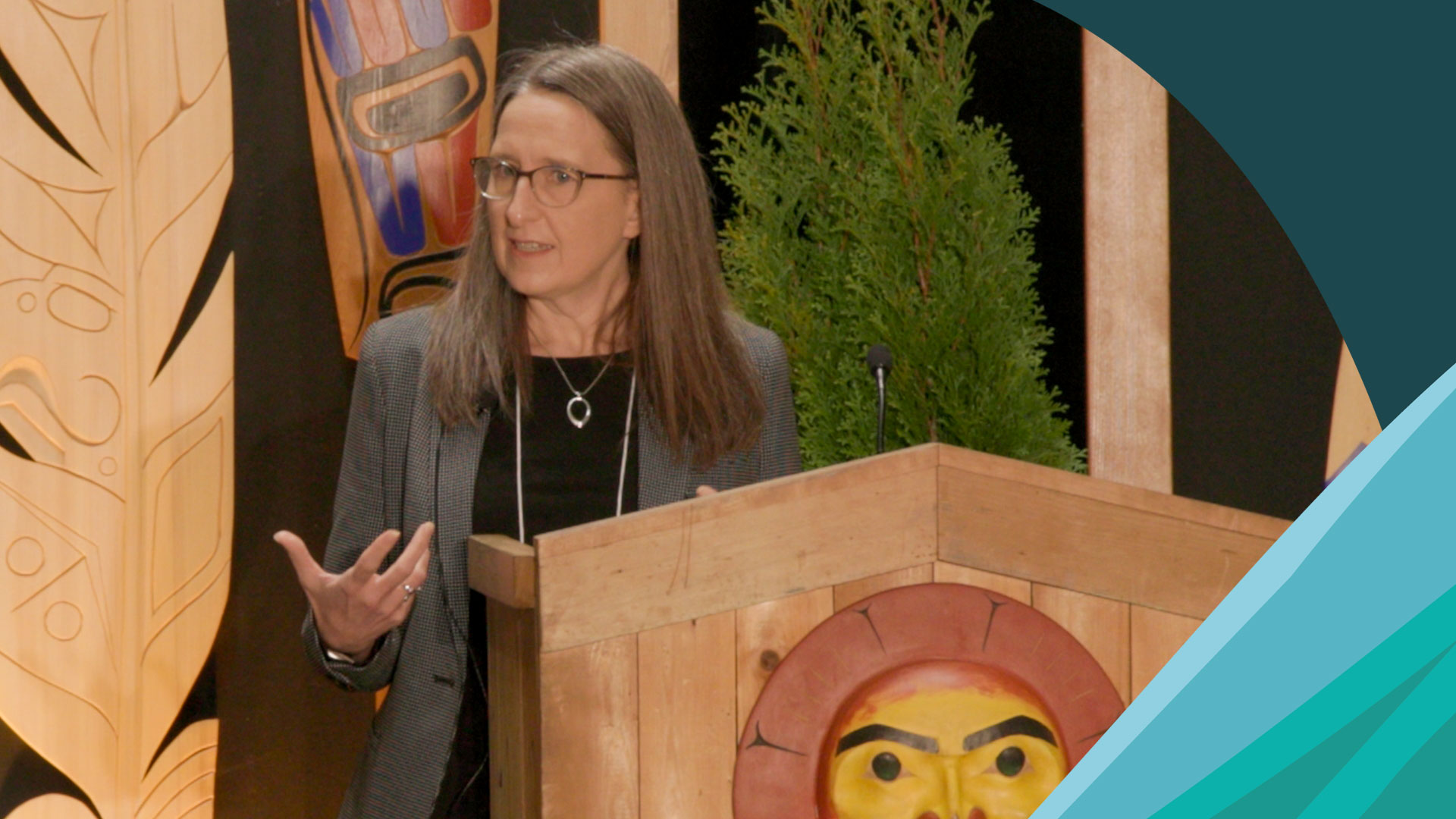What is a Restorative Approach? Why & How it Matters for Health Care

Jennifer Llewellyn opened the first day of the symposium with a presentation on ‘Cultivating Caring Leadership and Embracing a Restorative Approach’ providing an overview on what a Restorative Approach is, and how and why it matters for healthcare.
Highlights:
- The work of adopting a Restorative Approach is more than designing and implementing a new program, it is a lens to apply to individual and organizational behaviour more broadly.
- A Restorative Approach is rooted in a relational worldview common to Indigenous cultures, as well as faith-based groups, and feminist theory.
- Putting these principles into practice is an ongoing learning process. Like learning the fundamentals of cooking a good meal, adopting a Restorative Approach is a matter practice in how to bring in each element at the right time, in the right context, and in the right mix.
About the Speaker

Professor Jennifer Llewellyn
Director, Restorative Research Innovation and Education Lab & Chair in Restorative Justice
Dalhousie University School of Law
Jennifer Llewellyn Director Restorative Research Innovation and Education Lab and Chair in Restorative Justice at Dalhousie University’s Schulich School of Law. She has advised governments and NGO’s, supported many governments, projects and programs including the Nova Scotia Restorative Justice Program, the Nova Scotia Human Rights Commission, the South African Truth and Reconciliation Commission, and the government of Columbia, the Jamaican government, the government of New Zealand the United Nations. Her world-renowned expertise resulted in her appointment as an expert on the UN mechanism to review the UN Basic Principles for the Use of Restorative Justice in Criminal Matters. Additionally, Professor Llewellyn facilitated the design process for the first ever restorative public inquiry and served as a commissioner for the inquiry.
Recognized for her contribution in the field of restorative justice, Professor Llewellyn was awarded the National Ron Wiebe Restorative Justice Award from Correctional Services Canada in 2015 and was the 2018 recipient of the Canadian Social Sciences and Humanities Research Council National Impact Award, the highest award for research achievement and impact in Canada. In 2019, she received the Dalhousie University President’s Research Excellence Award for Research Impact.

